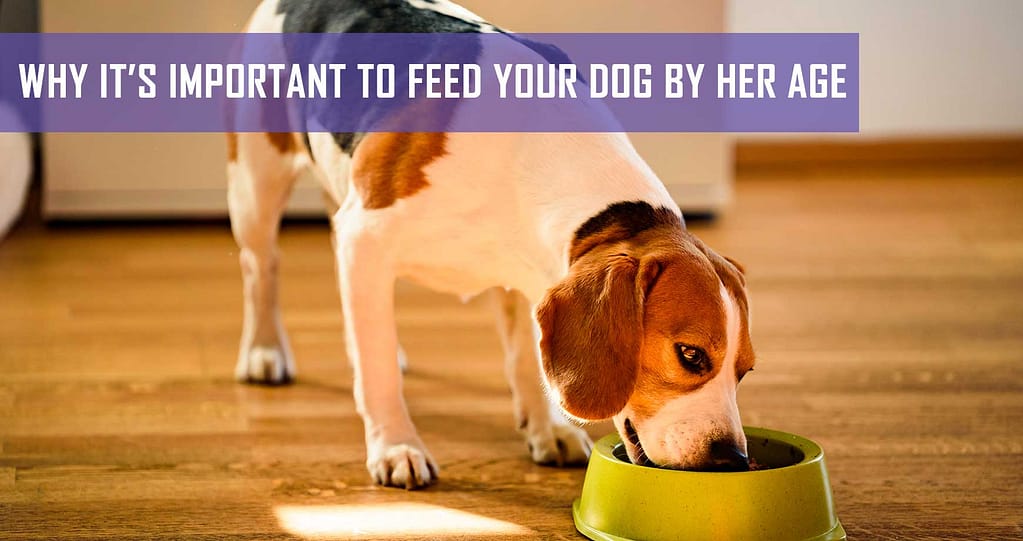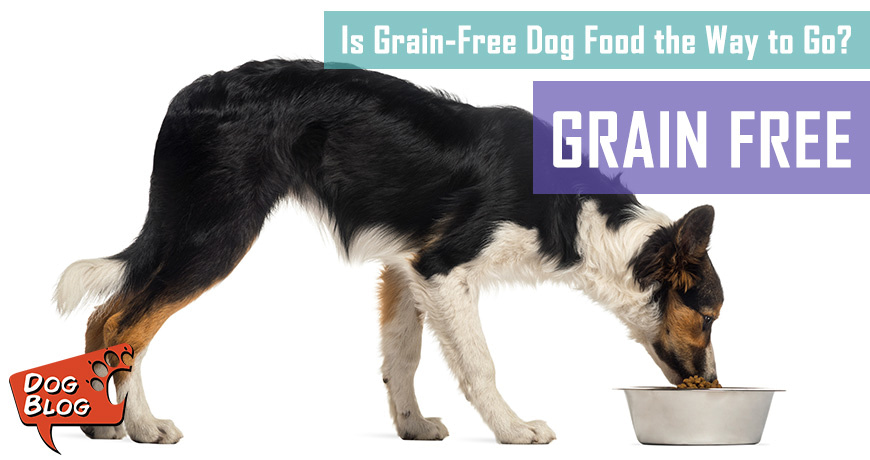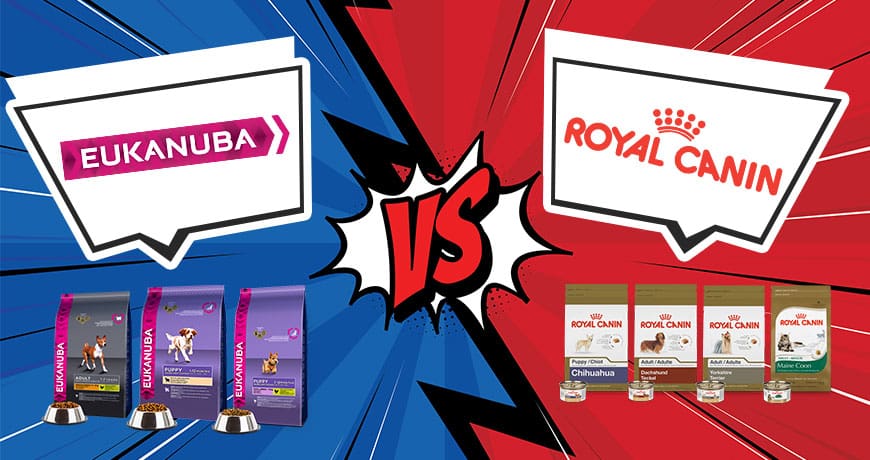[Sponsored post] All dogs are different with unique nutritional needs based on size, breed, age and their own individual health make-up. Surely this means that when it comes to buying dog food, there is certainly no one-size-fits-all solution. Here we more closely explore the need for dogs to be fed an age-appropriate diet and the important factors to be considered when feeding your furry friend.
Puppy chow
Before you bring your new puppy home, it’s crucial to introduce her to the vet so he can do a health check-up and create a baseline for good health going forward. This will be the perfect opportunity to get your vet’s recommendation on the correct puppy food for her breed, size and health status. We can’t emphasise enough the importance of starting your puppy off on a high-quality nutritional regimen that will stand her in good stead and give her the right springboard for good health throughout her life.
Puppies need the right kind of nutrition that will help them through the fast development of their first 18 months. Puppies grow incredibly quickly, so they need much higher calories than their adult and senior counterparts. If they don’t get the right balance of animal proteins, high quality fats and the key nutrients to support their early development, it may lead to health problems later on. The Hill’s Science Plan range comprises puppy food for small and mini breeds (which focuses on healthy brain and eye development), for medium puppy breeds (for strong immunity and healthy digestive systems) and large puppy breeds (for healthy skeletal and joint development). The health foci of the Hill’s Science Plan puppy food for each breed size helps to counteract the health problems usually associated with those breed sizes, especially the larger breeds.
Balanced adult dog food
When your dog reaches the age of 12 – 18 months old, developmentally she is now an adult. It’s important to feed your young dog appropriately so that her nutrition meets the needs of her health profile and activity levels. Since her growth spurt will have rounded out by this stage, her nutrition requirements need to help maintain good health. If she begins to exhibit signs of a health problem like arthritis or degenerative joint disease, kidney problems, skin allergies, and other long-term issues, then treatment for these problems will be supported with the appropriate diet.
Hill’s Science Plan adult dog food for small and mini breeds is precisely balanced to support the diminutive breeds’ long life expectancy, and covers all the important areas like immunity, dental health, healthy skin and coat, and digestive health. Their adult dog food for medium sized breeds supports digestive health, lean muscle maintenance, and excellent skin and coat condition. Hill’s Science Plan adult dog food for large breeds ensures that large dogs get optimal joint and muscle support included in their high-quality nutrition.
Recognising that many dogs need additional dietary support for specific conditions, the Hill’s Science Plan adult range also has varieties for:
- weight management
- skin and stomach sensitivities
- healthy mobility
- grain-free diet
- oral care
- performance and working dogs
Browse the different varieties (in dry and wet food) and ask your vet for the best recommendation for your furry friend based on her unique nutritional needs.
Ageing gracefully
As your dog approaches her senior years, she will move from the adult to mature adult range of dog food. This is entirely dependent on her breed size and weight, as larger breeds live shorter lives than smaller breeds. As she ages, your senior dog will need fewer minerals in her food in order to protect her kidneys, and this is exactly what senior dog foods support.
You will notice that the Hill’s Science Plan for mature adult dogs is based on the breed size and age, which is why it’s important to seek your vet’s guidance on your dog’s feeding regimen, especially as she ages.
- Mature adult dog food for small and mini breeds – supports immunity for a long and healthy life; a controlled mineral formula to maintain healthy vital organs; and support for oral health and active mobility.
- Mature adult dog food for medium breeds – this balanced nutrition supports joints and mobility, and healthy vital organs.
- Mature adult dog food for large dogs – supports joints and mobility, maintains lean muscle, and sustains healthy vital organs.
As you can see, all dogs need specially selected food according to their breed and health make-up, not just as preventative nutrition, but also to support their ageing process. These varieties will ensure your pooch gets balanced nutrition throughout her life to maintain good health and a quality lifestyle – for more adventure and fewer vet visits for preventable health problems.
Always speak to your vet for a qualified nutrition recommendation for your best furry friend!







